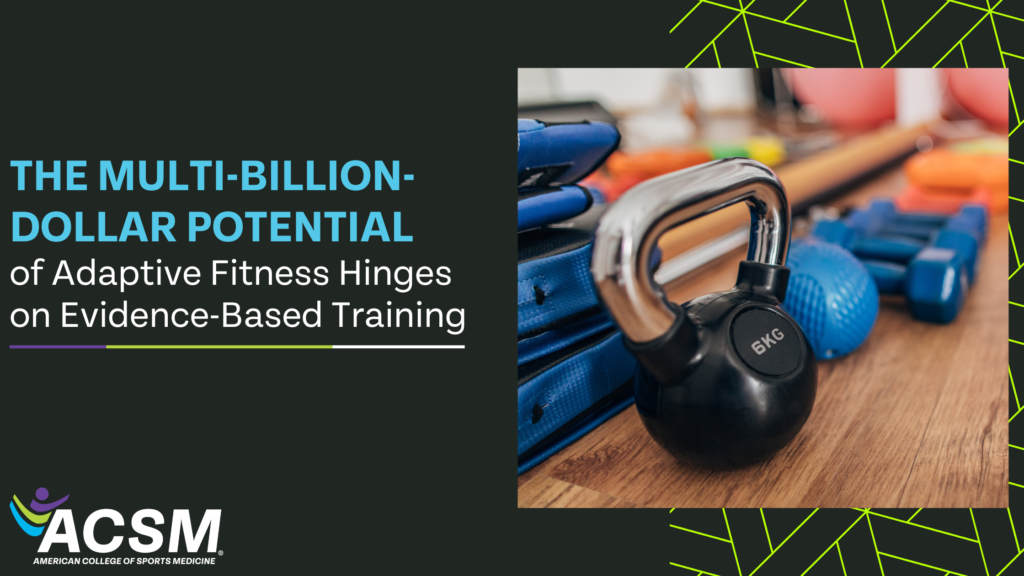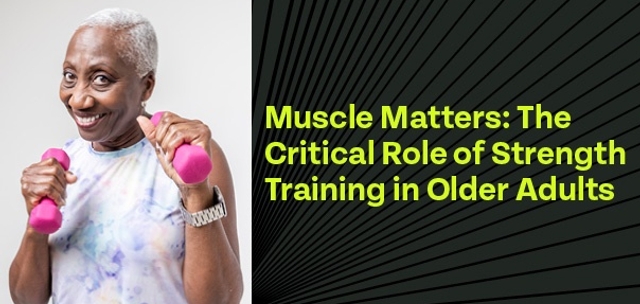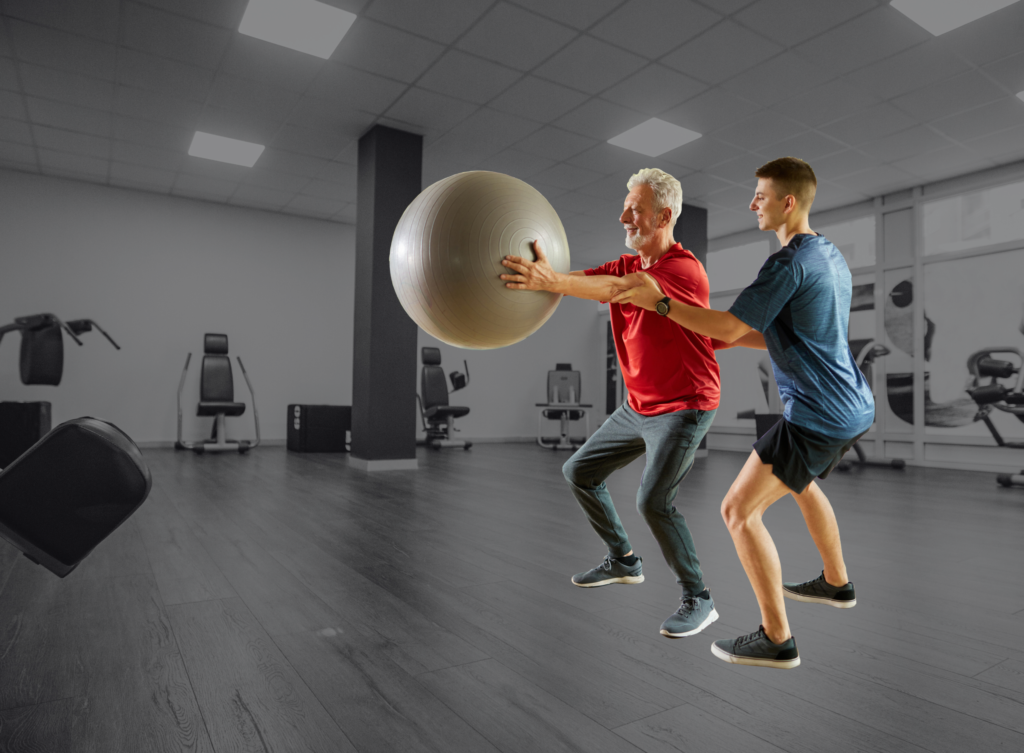
The global fitness industry is witnessing a surge in demand for inclusive platforms designed for individuals with disabilities (IWDs), with the market projected to grow from $3.38 billion in 2024 to $30.78 billion by 2035, according to a recent Athletech News article. This surge is driven by advancements in technology and specialized equipment tailored to diverse needs. While this investment in innovation is vital, one critical component continues to be overlooked: the education and training of fitness professionals.
A 2021 survey by the National Center on Health, Physical Activity and Disability (NCHPAD) and Degree revealed a troubling statistic: 81% of IWDs do not feel welcome in fitness industry spaces (Lakeshore Foundation, 2021). This troubling statistic reveals systemic barriers that are not addressed by simply improving physical access or investing in flashy new equipment. It highlights an ableist fitness industry culture and a lack of understanding from fitness professionals, which together prevent individuals with disabilities from experiencing the life-changing benefits of exercise.
A 2024 study by Beattie et al. showed that individuals with disabilities report negative experiences with trainers, and these experiences may stem from a lack of knowledge, skills and confidence to work with IWDs. Without fitness professionals equipped with foundational knowledge and science-based practices, the industry will struggle to realize its full potential. Tools and technology are only as effective as the people using them, and creating inclusive fitness spaces requires expertise, empathy and an understanding of how to adapt programs to diverse needs.
Bridging the Gap With Education and Training
Over the last 10 years, the adaptive fitness market has grown significantly. While many well-intended and passionate programs and facilities have emerged, too many still fail to provide properly educated professionals. Some facilities even advertise with phrases like “certifications not required” or “no experience necessary.” The fitness industry for able-bodied individuals is already watered down with unqualified influencers from social media. For IWDs, we need to do better. We must do better.
As the industry races toward this multi-billion-dollar opportunity, the need for education and training cannot be overstated. Fitness professionals must be prepared to work with IWDs by understanding their unique needs and employing evidence-based strategies to support their success.
Facilities investing in new technology and often pricey modified equipment may initially attract IWDs. However, if the professional doesn’t understand how to adapt exercises and apply appropriate exercise prescriptions, clients will likely leave faster than when they walked through the door. The result? A poor return on investment (ROI) for the facility and IWDs being pushed further away from exercise opportunities.
A Call to Action: Building a Welcoming Industry
If the fitness industry wants to unlock its $30.8 billion potential in adaptive services, it must address the root causes of exclusion. This means challenging ableist attitudes, investing in professional education and prioritizing inclusion at every level of the fitness experience.
The fitness industry is thankful that the American College of Sports Medicine® (ACSM) continues to lead the way in this mission. To do so, ACSM partnered with leaders in disability and physical activity, including Exercise Connection (EC) and the NCHPAD, to develop two certificates that address these gaps: the ACSM/EC Autism Exercise Specialist Certificate and the ACSM/NCHPAD Inclusive Fitness Specialist Certificate. These educational opportunities provide fitness professionals with the tools to move beyond ableist assumptions and create programs that foster skill development, physical health and social connection.
The Autism Exercise Specialist Certificate equips professionals with strategies to engage individuals with autism spectrum disorder using evidence-based strategies and techniques, including visual supports, structured routines and outcome-based methods. Meanwhile, the Inclusive Fitness Specialist Certificate offers a comprehensive approach to adapting fitness programs for individuals with a variety of disabilities. Together, these programs are setting a new standard for professional competency in the adaptive fitness space.
The EC and NCHPAD certificates are not just add-ons — they are essential building blocks for a more inclusive future. By equipping professionals with the skills to adapt programs, communicate effectively and create welcoming spaces, the industry can break down barriers and ensure that everyone has access to the life-changing benefits of exercise. As you consider embarking on this mission, remember to focus on the outcome, not the income. When we center inclusion, the fitness industry — and more importantly, the people we serve — will be better for it.
About the Author
David S. Geslak, BS, ACSM EP-C, CSCS, the founder of Exercise Connection, has pioneered exercise tools and programs to engage and improve the lives of those with autism. David also created the Autism Exercise Specialist Certificate (AESC) in partnership with ACSM. He has trained professionals around the world on the AESC. His commitment and methodology to bringing exercise to those with autism has been enthusiastically embraced by professionals, higher education and the autism community. He is a two-time finalist for IDEA’s Fitness Leader of the Year and finalist for ACSM’s Certified Professional of the Year. He graduated from the University of Iowa with a degree in health promotion where he also served as an assistant strength and conditioning coach for the Iowa Football Program.




